Education in an era of objectivity
The essay examines the relationship between objectivity and subjectivity. Objectivity can be stated as the accurate storage and retrieval of information that students’ so-called “consumers” possess; and subjectivity can be referred to as students’ perceptions of their own knowledge, whereby they can actively reflect on and express apprehension about the information they have observed. This article is a personal essay based on a critical analysis of personal experiences and observations. It also challenges the conventional assessment methods which do not guarantee the subjective analysis and the overall evaluation of the child. Education seems to be now associated with objectivity.
In the race of getting closer to precision and in order to maximise reliability and validity, the fear of scepticism came to power. To uproot this terror the idea of objectivity came into demand. To the students of this new technological and advanced world, it may seem strange that examinations can also be administered in a subjective manner, focussing not only on multiple choice questions; but also on how children assimilate to their new ideas and reflect upon them.
The term ‘objectivity’ in education and assessments does not refer only to standardised test patterns with one-word or multiple-choice questions. Rather, the term has a very profound meaning in this discipline, which deprives the child of the opportunity to actively think, explore and reflect. This practice has trained and conditioned our minds in such a way that we are somehow stuck in a ruthless competition for accuracy and precision. If I had to, I would describe objectivity as the “absence of conflict in thinking”. Making children conform blindly to everything taught in schools poses the danger of conditioning and training their minds to the given framework. A framework that would only breed fear and produce a constant dilemma between what they are and what they should be.
Objectivity at first may arouse people who are efficient and professional, but it cannot produce creative and complete human beings. As Krishnamurti eloquently said, “In our desire to acquire more knowledge, we are losing love, feeling for beauty, ability to express creatively and sensitivity to cruelty.”(Education and the Significance Of Life;1974). It is very crucial to acknowledge that wisdom cannot be replaced by mechanical knowledge and no amount of explanation or accumulation of facts will free man from suffering and a shallow understanding of education.
Objectivity in itself promotes the notion of expressing thoughts, desires, and beliefs in a single way. Homogeneity, defined as the process of thinking in a uniform manner throughout the process, is celebrated under the culture of objectivity, which has also become the motto for standardised testing. Objective questions lead to even greater compartmentalization of individual disciplines.
This way of asking questions makes the boundaries between disciplines more watertight and rigid. This is because objectivity only allows children to think and respond in a certain, limited way. It does not allow children to make connections to other disciplines and integrate what they have already learned into new experiences. Objectivity does not honour the uniqueness, prior experiences and individuality of the child. It focuses only on how well the child has memorised the facts and how accurately they can identify the correct option from the given choices. If the child does not agree with any of the given options, the task then is to find the most accurate option out of all of them.
It is very important to understand that it may be very tempting for all of us at the moment to have objective tests at our universities that would eliminate any “meaningful” discrepancy between the state’s exams and also negate the absurd cut-offs for admissions to fancy colleges. But, in the long run, this would not prove helpful as, Avijit Pathak has also articulated in his article “An Answer called CUET” that such objective tests would only diminish what every active and genuine learner needs- creative exploration, interpretative understanding and self-reflexivity.
However, new-age courses in emerging fields like robotics, artificial intelligence or data science and analytics themselves point to heterogeneity and plurality and are not confined to any one particular discipline. But why heterogeneity? Heterogeneity is nothing new or absurd; rather, heterogeneity is normal. We should accept that everyone in the world is different. Therefore, no child can be the same. No child can have the same potential. No child can have the same talents and no child can acquire the same knowledge.
So the important question is how we can expect every child to acquire exactly the same knowledge in exactly the same way, and furthermore, how we can assess every child in a similar and compliant way where each and every child has to conform to exactly the same patterns of assessment despite having different interests. So the point is not that the world is homogeneous, but that we intentionally make the world a homogeneous entity. The word create expresses my feelings in a very subtle way. The correct term here would be “design”. We, the people in this bureaucratic society, are “designing” children in an unnatural way to make them fit into the livelihood and therefore conform to the pattern of the society, one which the elder generation has established.
Objectivity only leads to a sense of speed and accuracy. The only motive for objective questions is to care about the product, not the process of learning as a whole. The emphasis here is on quantity, and such a notion completely rejects the idea of good quality. The goal of standardised tests also promotes this ideology, where children must answer a maximum number of questions in a limited amount of time. The child who can memorise facts well can pass such tests with flying colours.
This type of thinking promotes convergent thinking in schools, where children are actively taught to reproduce the so-called “correct” answers to standard questions that do not require significant creativity on the part of the children. The urge for accuracy has only tempted us to travel the safest road. Our whole upbringing and education have made us afraid to be different from others and to explore something which is not usual. Unusual and different courses are considered to be risky. Hence, every child in his/her school is advised to follow the norms.
The idea for this article has continued to keep me up for months. Motivated by the desire to grow as a teacher, I love observing children and the way they learn new things. This idea of objectivity versus subjectivity came to my attention one day when I saw my nephew and younger brother preparing for their entrance exams.
While I have seen many children prepare based on questions from previous years, something changed in me that day. As I talked to them, they told me the reason for practising questions from the previous year. They told me it was the easiest way to know what might come next year. Instead of understanding and analysing the concepts, they found it easier to practise the questions from the previous year. They felt strongly that this would help them pass their entrance test. They firmly believed that it was not important for them to understand, analyse and reflect on concepts, but it was crucial for them to memorise all the questions that are usually asked in the exam. Traditional approaches to examination have completely sidestepped the subjective aspects of knowledge and being an active learner.
This is a response to the dominant culture of the examination system in our schools, whose structure is specifically book-centred, exam-oriented, and purpose-driven. The sole purpose of schools is to turn children into “exam warriors,” as Avijit Pathak also states in his article. Subjective questions are also reduced in schools to the mere accumulation of correct facts and information.
Therefore, the mechanical and passive process of accumulating information where there is no room for creativity can easily be done with the help of exam papers from previous years and so-called “guides” that ironically only guide children to reproduce and summarise the correct answers. Due to such practices, true learning suffers and children who are curious, their eager inquiry is dulled by such training and casual brushing aside of their curiosity by school authorities.
Subjectivity in schools has also been misinterpreted by the stakeholders of education. “The purpose of examination as an agency of social control has resulted in deep fear of failure among children” (Krishna Kumar, What is Worth Teaching?). So-called subjective examinations in our schools also imply uniformity of standards and expectations. The written examinations in our schools make the different subjects even more separated and discrete making them less integrated. Interdisciplinary connections between different subjects feel much more distant when there is no room for interdisciplinary connections within the same subjects.
In particular, in the language exams, there are 4 separate sections to test different skills. This ignores the fact that language should be learned in a more natural and non-mechanical environment. There are different sections for reading, creative writing, grammar and literature, all isolated from each other. The creative writing section is often marred by mindless and unreflective writing questions that focus only on vocabulary and grammatical perfection.
Also, the topics for creative writing on the exams are set by the teacher and each child is given a format that he or she can easily memorise. Children in exams are rather expected to follow the same pattern given by the teachers to attain higher scores. The creative writing sections include questions such as report writing, notice writing or writing informal and formal letters. These types of impersonal questions have become a recipe for teaching children how to write, with quite negative and serious effects on their writing skills.
As I reflected on the conversation with my nephew and my brother, I was reminded of my own entrance exam that I recently took and the type of questions that were asked. All of the questions on the exam were multiple-choice questions that we had to answer in a certain amount of time. The exam was supposed to test my aptitude as a prospective teacher.
But unfortunately, the questions asked in the exam were only to test my memory and time management skills. There was not a single question in the exam that would have tested my thinking, creativity, reflective skills, and ability to solve real-life problems – in my opinion, the most important component of the teaching profession. Hence, the test made it absolutely clear that they do not require teachers who can think and reflect well, rather they only require candidates with dry minds to produce mechanical, subservient and thoughtless individuals.
The entire system of assessments and examinations suddenly became a big question to me. I started questioning all the conventional practices that are followed by schools and institutions for higher education in our society.
The assessments and examination systems in our schools only require children to rehearse endlessly the skills of reproduction by rote regurgitation as needed. Such practices used in conventional education make independent thinking extremely difficult and tedious. Learning in such conventional institutes is only seen as an accumulation of correct answers, which are to be reproduced in a testing situation to demonstrate children’s ownership of knowledge. This prevalent system of education has impacted our thinking and has trained our minds into objective ones.
The objective mind is bound only to the physical properties of the object, given to the oneness of the view and devoid of any individual interpretations. The subjective mind on the other hand seeks to comprehend the world by self-realisation, and consciousness and is open to different interpretations of the same objects viewed from different perspectives.
Subjectivity in education should be embraced giving importance to the concept of ‘multiplicity’, where people lose the absolutist mindset and their desire for accuracy would cease. Subjective tests test the capability and the ability of the test taker to apply his knowledge in a creative and integrated manner rather than just retention of passive information. Hence, I believe that the entire education system should rethink the concept of testing knowledge and preferably go down the path of subjectivity.


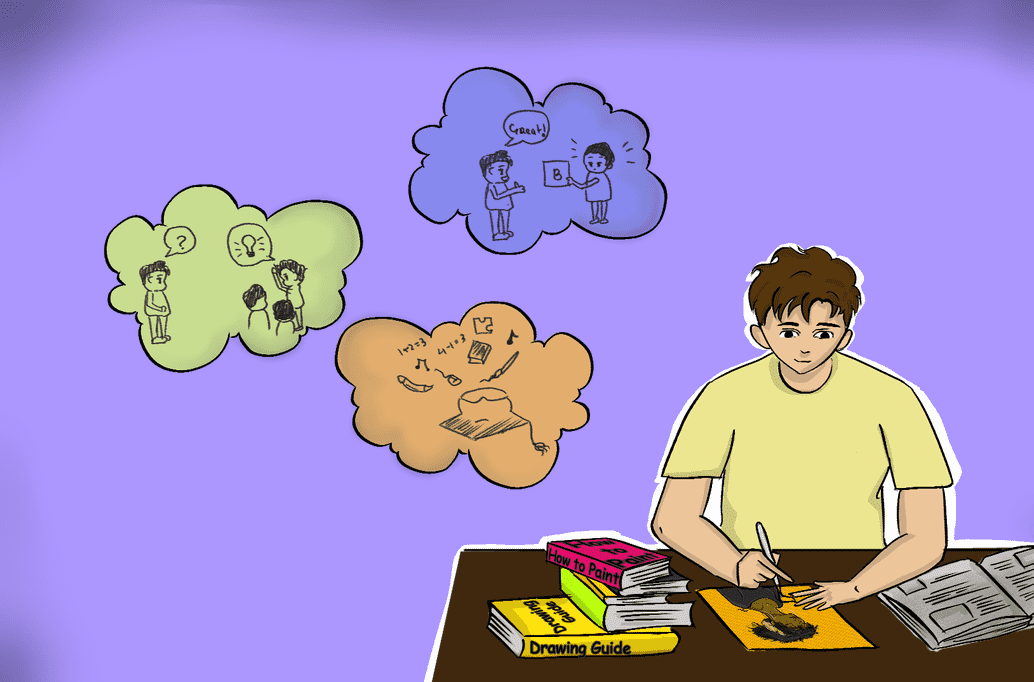
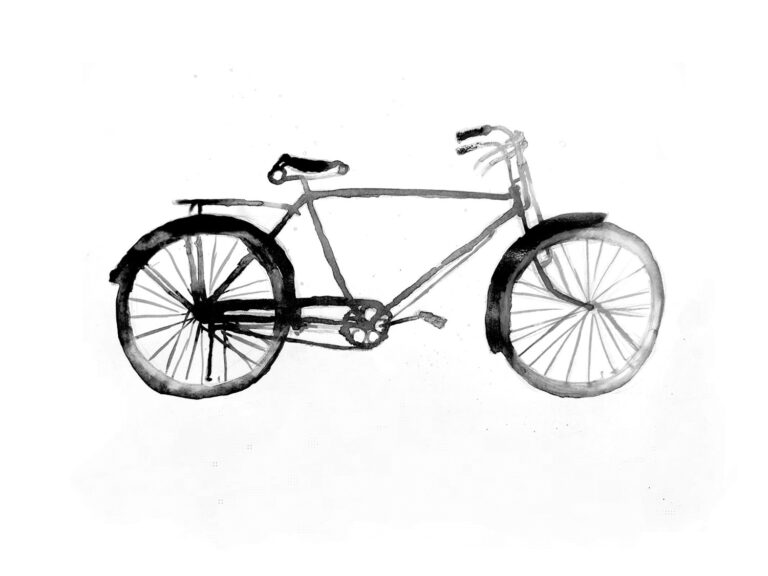
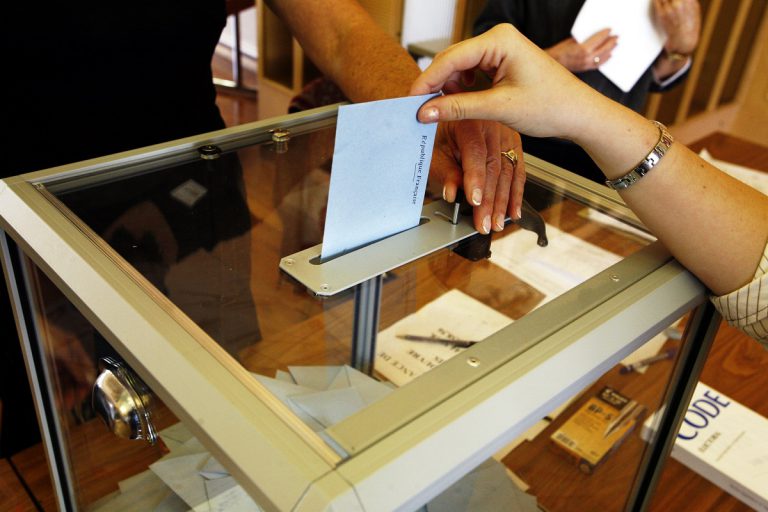

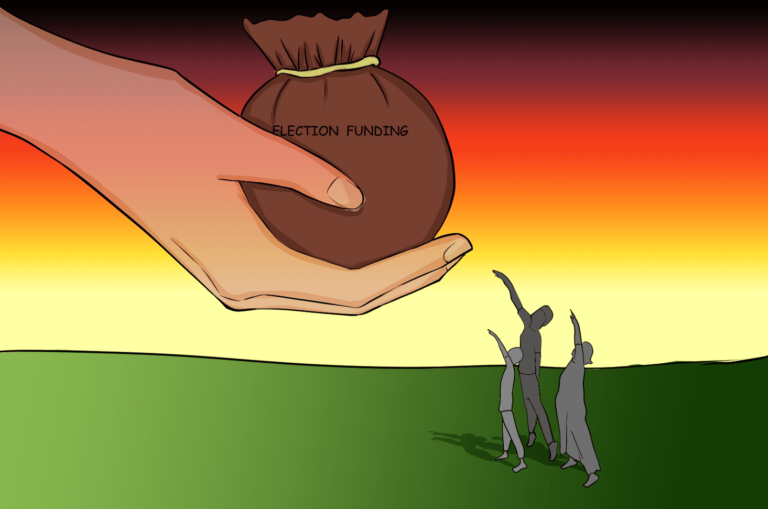
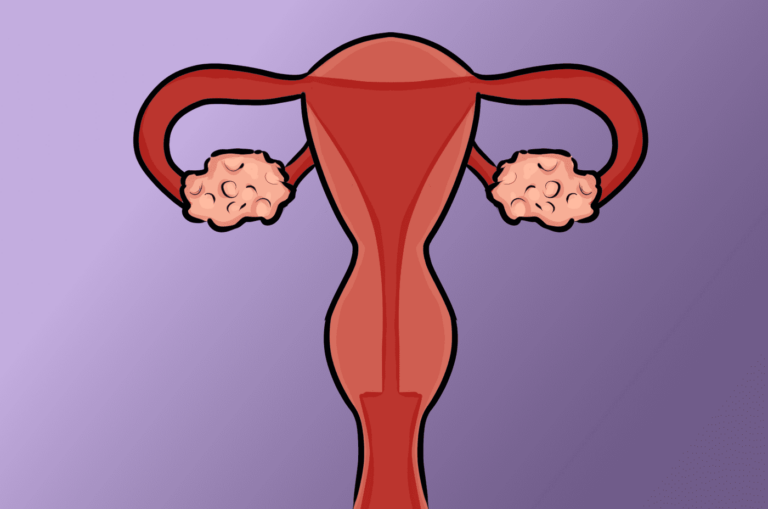

Keep writing, loved it!
Amazing and thought provoking article. If only there were more articles like this.